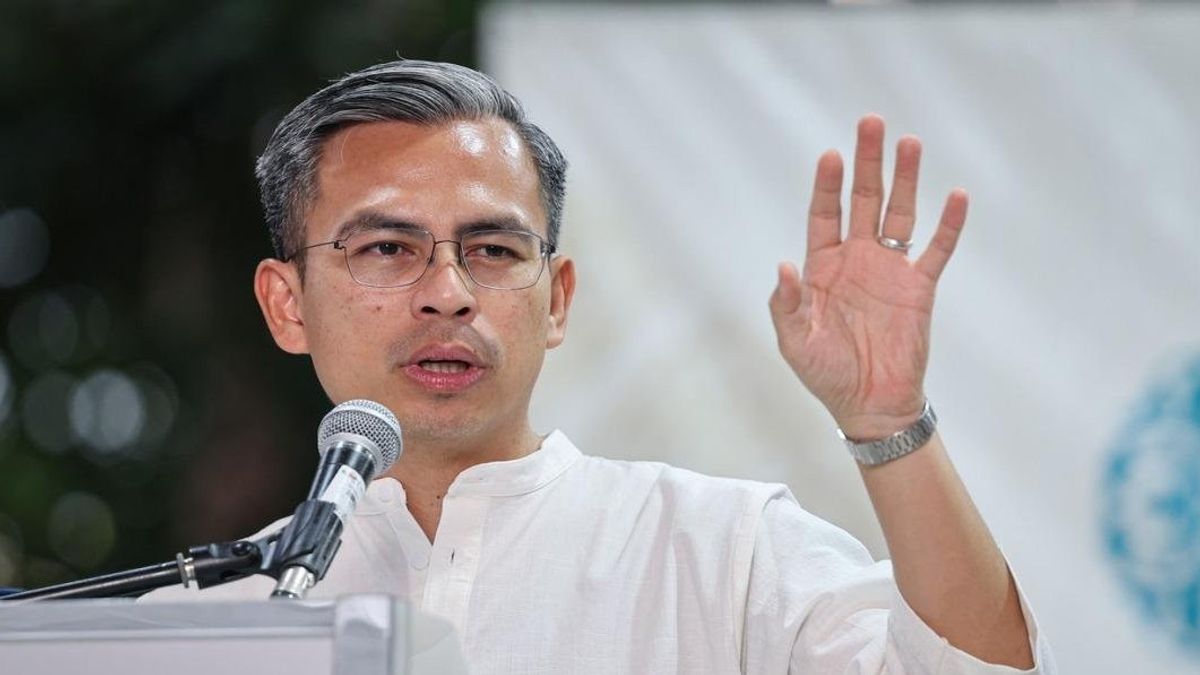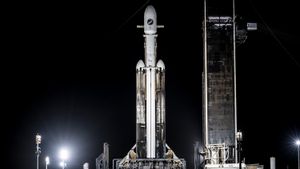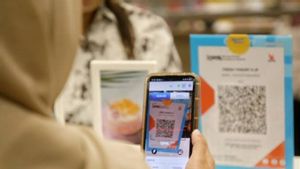JAKARTA - Meta, owner of Facebook and TikTok from China limited the number of posts and social media accounts in Malaysia during the first six months of 2023. This is known according to data published by these companies. This also happened in line with the surge in government demand to remove content.
The government of Malaysian Prime Minister, Anwar Ibrahim, who has been in power since November 2022 with a reformist platform, has faced accusations of resigning from promises to protect free speech amid increased scrutiny of online content in recent months.
The Malaysian government has denied accusations of suppressing dissenting opinions online, and stated that it wants to curb provocative posts that offend race, religion and empire.
Between January and June this year, Meta has limited about 3,100 pages and posts on its Facebook and Instagram platforms from being seen by users in Malaysia for allegedly violating local law. This is known, according to data published in the Transparency Report twice a year this company this month.
This figure is six times the previous half-year period and is the highest since the company began reporting content restrictions in Malaysia in 2017.
Malaysia's communications regulatory agency said in a statement Friday evening December 15 that its efforts to request removal of content on social media platforms were aimed at protecting users from "a significant increase in online losses" and not to suppress diverse views.
SEE ALSO:
Meta said between July 2022 and June 2023, they limited access to more than 3,500 items in response to reports from Malaysian communications regulatory agencies and other government agencies.
The content includes criticism of the government and posts suspected of violating illegal gambling laws, hate speech, racially or religiously divisive content, harassment, and financial fraud, Meta reports.
The short video platform TikTok, in a similar report published last month, said it received 340 requests from the Malaysian government to remove or limit content between January and June 2023, affecting 890 uploads and accounts.
TikTok removed or restricted 815 of those deemed to have violated local law or platform community guidelines. This is the highest number in the six-month period since they began reporting requests from Malaysia in 2019. This is three times the amount removed by TikTok in the second half of 2022.
Malaysia has made more demand to limit content on TikTok compared to other governments in Southeast Asia. Meta did not publish the total number of government requests it received for content restrictions.
Malaysia's Communications and Multimedia Commission said on Friday that its statistics showed a 24-fold increase in malicious content on social media platforms, up to 25.642 in 2023 from 1.019 years earlier, including fraud, illegal sales, gambling, fake news, and hate speech.
The commission provides no details on the malicious content found on each platform.
Malaysia's Minister of Communications, Fahmi Fadzil, said this week that communication regulatory agencies often act based on complaints from ordinary users. He also denied allegations that he had asked the agency to seek the removal of critical uploads against him on social media.
Racis and religion are sensitive issues in Malaysia, which has a majority population of Muslim Malays but also significant ethnic Chinese and Indian minorities. The country also has a law prohibiting statements of insult to the monarchy.
Fahmi said in October that TikTok had not been able to take steps to quell slanderous or misleading content on its platform and accused it of failing to comply with some local laws. TikTok said it would take proactive action to address the issues raised. The government also threatened to take legal action against Meta for failing to act against content "unwanted," but discouraged after a meeting with the company.
The Free speech group Article 19 denounced the removal of critical posts against the government and expressed concern over the increasing demand to limit content, warning that it could dampen freedom of speech and legitimate expression.
"It is never allowed to prohibit expression solely because it sees critical views on social issues, public figures, or government agencies," said Nalini Elumalai, senior Malaysian program official at Article 19.
The English, Chinese, Japanese, Arabic, and French versions are automatically generated by the AI. So there may still be inaccuracies in translating, please always see Indonesian as our main language. (system supported by DigitalSiber.id)

















